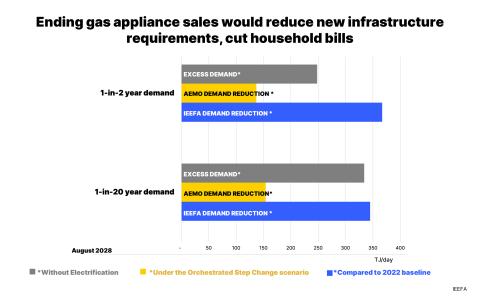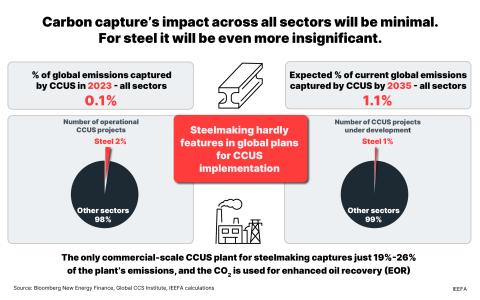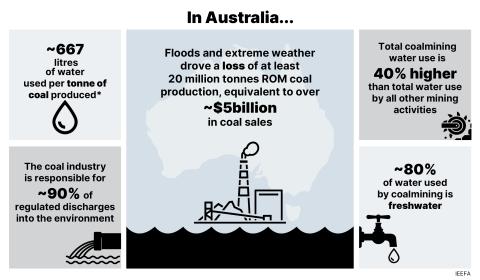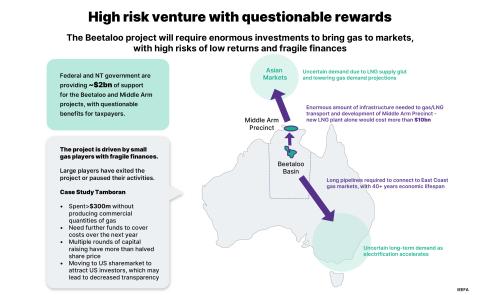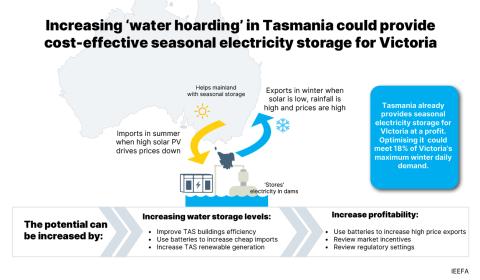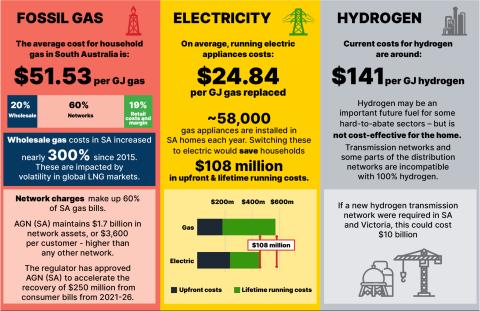IEEFA Indonesia: PLN in crisis—time for independent power producers to share the burden
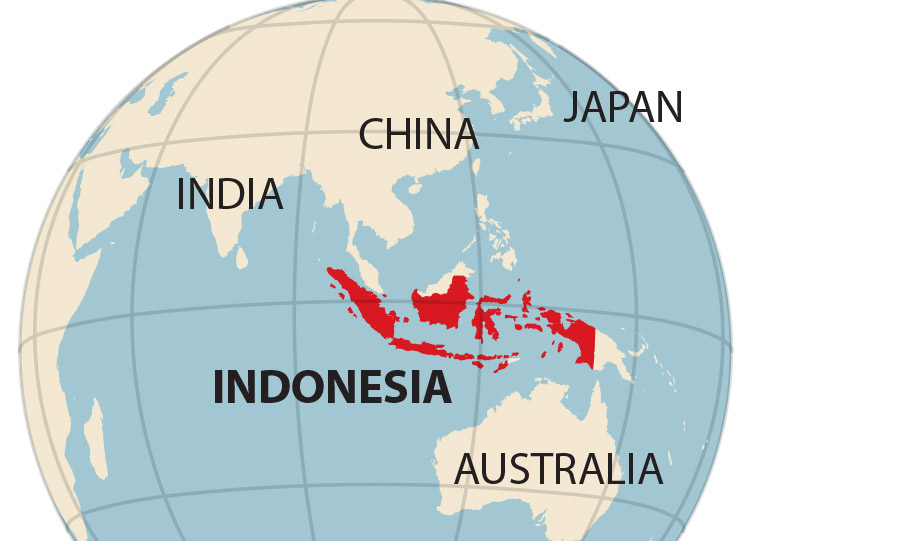
April 8, 2020 (IEEFA Asia) ‒ The dual shock of the COVID-19 pandemic and global recession is reshaping Indonesia’s economic outlook for 2020 and beyond in ways that seem certain to have a dramatic impact on state power company PT Perusahaan Listrik Negara’s (PLN’s) future, according to a report released today by the Institute for Energy Economics and Financial Analysis (IEEFA).
Up to now, PLN has enjoyed a protected position thanks to years of strong demand and installed capacity growth that has been financed through easy access to the global bond market and generous funding from North Asian export credit agencies to support independent power producers (IPPs).
“The COVID-19 crisis has upended Indonesia’s financial settings and PLN’s dealings with the Indonesian public and global markets will need to be adjusted to face the new reality,” said report author Melissa Brown, IEEFA’s Director of Energy Finance Studies, Asia.
This will require decisive steps by Indonesia’s senior policy leaders who must consider ways to unwind PLN’s high-risk bet on baseload coal IPPs, according to Brown.
Any steps to manage risk related to PLN will need to address a core list of fundamentals related to:
- The Ministry of Energy and Natural Resources’ (MEMR’s) planning discipline
- The negative impact of a dramatic rise in IPP payment obligations on required subsidies in 2021, and
- Ongoing system distortions due to excess generation capacity in the crucial Java-Bali grid and under-investment in grid management.
By 2021, payments to IPPs will be PLN’s biggest expense and IEEFA estimates indicate that these payments could total as much as IDR 119.8 trillion (USD 7.2 billion) if nothing changes.
“Many parties have profited from Indonesia’s open book on IPPs—from project sponsors and key suppliers to banks and bond investors,” said Brown. “It is time for global funders to step up and become part of the solution.”
The Indonesian power market has a long history of opaque dealing, with a generous mix of regional geo-politics. This has resulted in an unstable financial scenario that would best be addressed by forging a new consensus on burden-sharing with the IPPs, according to the report.
Brown recognizes that re-setting norms for Indonesia’s power system may come with a short-term cost, but she finds that Indonesia could emerge with a more resilient power system that is better aligned with more cost-effective solutions.
“There is real opportunity for Indonesia to open the door to more transparency and discover new sources of financing, especially if targeted investment in the grid and clean energy solutions could be used to unlock new sources of donor capital,” Brown concluded.
Author
Melissa Brown is IEEFA’s Director, Energy Finance Studies, Asia
Full report: PLN in Crisis‒Time for Independent Power Producers to Share the Pain?
Translation: 危機に立つ PLN—独立系発電事業 者が負担を共有すべきとき?
Media contacts
Eric Meijer ([email protected])
Kate Finlayson ([email protected]) +61 418 254 237
About IEEFA
About IEEFA: The Institute for Energy Economics and Financial Analysis (IEEFA) conducts global research and analyses on financial and economic issues related to energy and the environment. The institute’s mission is to accelerate the transition to a diverse, sustainable and profitable energy economy.

